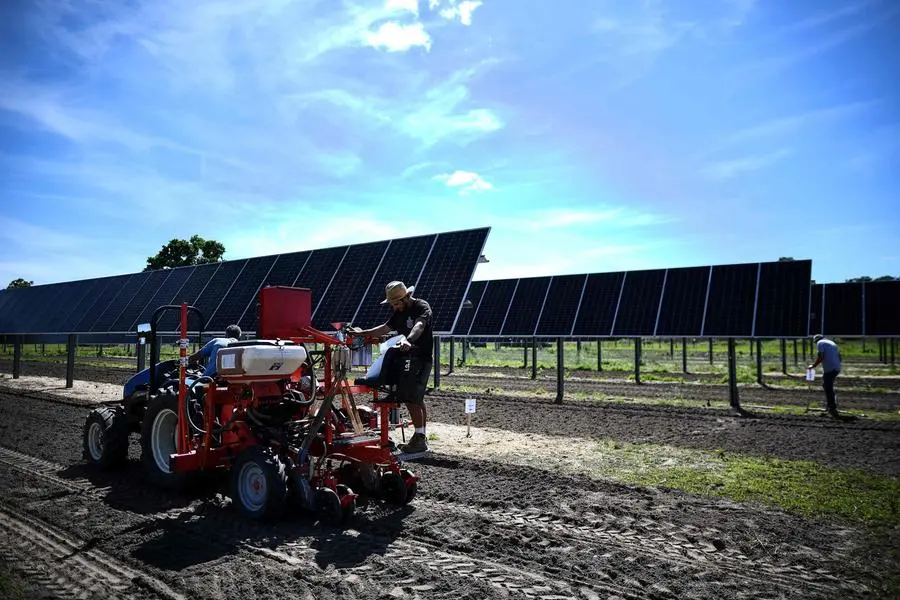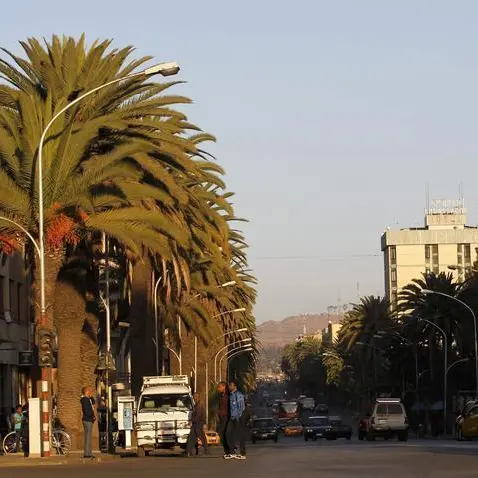PHOTO
Pope Francis has ordered the Vatican to install a solar plant that will provide electricity to the entire city state, as the pontiff does his bit to tackle climate change.
Francis, a longtime advocate of environmental protection, issued an official letter published Wednesday demanding the establishment of an "agrivoltaic" plant in Santa Maria di Galeria, an extraterritorial area of Vatican land north of Rome.
Agrivoltaic projects combine solar energy production and agriculture, with panels commonly installed above fields of crops or pasture land.
"We must make a transition towards a model of sustainable development that reduces greenhouse gas emissions into the atmosphere, to achieve the objective of climate neutrality," the pope wrote in the letter, dated June 21.
He said the plant would produce enough energy to power not only the Vatican Radio transmission centre already located on the site, but also ensure "the complete energy sustenance of the Vatican City State".
The letter did not specify when the plant would be installed or become operational.
Francis said he intended "to contribute to the efforts by all states to offer, in accordance with their respective responsibilities and capabilities, an adequate response to the challenges posed to humanity and our common home by climate change".
In 2022, the Vatican joined the United Nations Framework Convention on Climate Change and the Paris climate accords, which in 2015 set the target of limiting the world to a temperature increase of 1.5 degrees Celsius (2.7 Fahrenheit) over pre-industrial levels.
Pope Benedict XVI kicked off the Vatican's green initiatives in 2008 by installing solar panels on its audience hall.
But it has been Francis, 87, who has lambasted human-caused climate change and the fact that the world's most marginalised are paying the highest price for global warming.
Last year, the Vatican issued its first nationally determined contribution (NDC) -- efforts to reduce emissions under the Paris accords -- in which it pledged to reduce greenhouse gases to 20 percent below 2011 level by 2030.
Francis has also drawn up an "Ecological Conversion 2030" plan for carbon-neutral projects and technologies, including switching to electric vehicles, though the city state's contribution to global emissions is already negligible.





















